Inventing technology to help the tree fruit industry has proved simpler than commercializing it, says Dr. Larry Schrader, horticulturist at Washington State University. For seven years after he invented the sunburn protectant Raynox, he struggled to get a patent and commercialize it. He persisted because he was confident it would be a useful product. Schrader said there’s an obvious need for a better way to commercialize scientists’ inventions.
“I wish it would happen sooner, rather than later,” he said. “It’s an urgent need, in my view.” Schrader said few WSU faculty invent things, and one reason they don’t is probably because the commercialization is such a hassle. “The amount of time it’s taken for me—it’s been a distraction at times,” he said. “But it’s the only way it’s going to happen, and I decided to stick with it.”
Artificial apple
He now has another invention. It’s a fruit temperature sensor, or artificial apple, that growers can use for sunburn management. Schrader said he submitted an invention disclosure to the WSU Research Foundation, but the foundation decided its potential was not great enough that it wanted to invest in it. The foundation released it back to the inventors.
“I haven’t quite decided what we’re going to do with that one,” Schrader said. He was approached by the Washington Tree Fruit Research Commission, which has heavily invested in the development of the sensor. The commission gave him more funding to hire assistants to help move the project along. “That’s my limitation—time,” Schrader explained. More research needs to be done, he said, as he has been developing new and more complicated versions of the sensor.
“I started out with the idea that we would develop a fairly simple system that could be used by a grower to make management decisions,” he explained. “This artificial apple tells the grower what the temperature of his or her fruit is, and then they could decide if they want to put on a sunburn protectant or know when to turn evaporative cooling on or when to turn it off.” But almost immediately, growers asked him if he could take it to the next level and have the sensor control the evaporative cooling system.
He has committed to making 50 sensors that will be sold this season to selected growers for more testing before the sensor is produced on a larger scale. Schrader believes the sensor has less potential than the films he has developed to prevent heat stress and cherry cracking, but he continues to develop it strictly as a service to the growers, he said. “It’s never going to be a moneymaker, but I decided the industry’s been good to me, and I want to return a favor.”
The project is now being moved along by a partnership between WSU, the Research Commission, and Schrader’s own company called FruitGard LLC. FruitGard is involved because the other two entities have no way to sell anything or collect money. Schrader said that if the tests go well, he hopes he can hand it over to another company for complete commercialization.

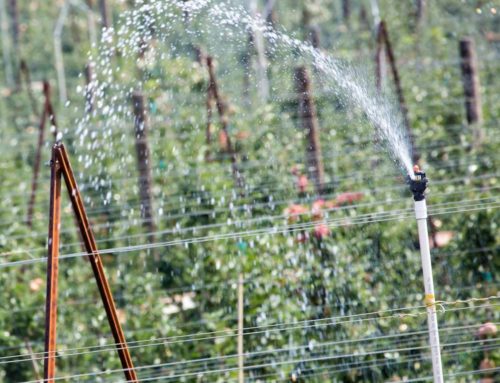
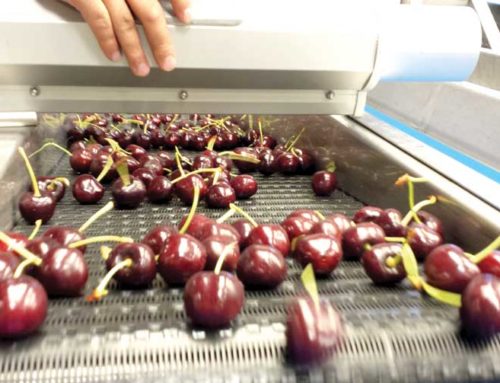
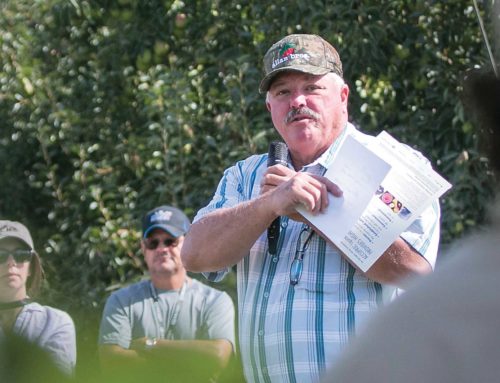
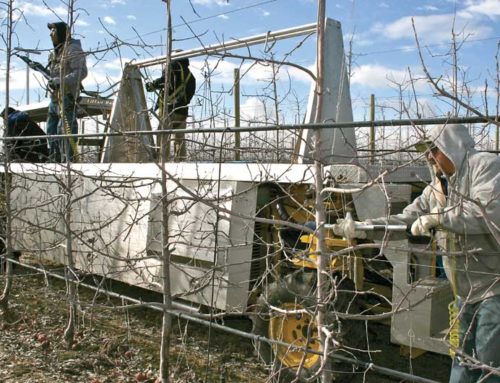
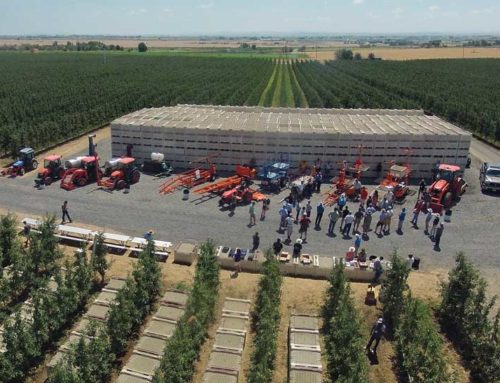
Leave A Comment